
Direct-to-consumer wine retailer Virgin Wines will capitalise on booming online sales of wine by floating in London in a process expected to value the group at around £100m.
The fast-growing wine importer and distributor expects its shares to be admitted to London Stock Exchange’s AIM on or around 2 March, with Liberum Capital acting as sole broker.
The group is the exclusive licensee of the Virgin Wines brand in the UK and Ireland and was established in 2000 by the Virgin Group. It was subsequently acquired by Direct Wines in 2005 before CEO Jay Wright and CFO Graeme Weir led a £15.9m management buyout backed by Mobeus Equity Partners and Connection Capital.
Since then the group has looked to transition its customer base from its Wine Plan subscription scheme to its new WineBank subscription scheme.
WineBank is now the group’s primary subscription scheme. It gives customers the opportunity to spread the cost of buying wine through saving a chosen amount each month, in an account on which they receive 20% ‘interest’ which can only be spent on purchasing the group’s wine.
Virgin Wines said WineBank is a lower-churn model, and this allowed Virgin Wines to accelerate revenue growth and profitability by driving value in the customer base and enhancing customer lifetime values.
This transition was completed by 2018 and has allowed the group to be in profit in each subsequent year.
In the year ending 30 June 2020, the group generated revenue of £56.6m and EBITDA of £4.8m, which represents a two-year revenue CAGR (compound annual growth rate) of 19.1% and a two-year EBITDA CAGR of 57.9%.
During the six months ending 31 December 2020, these positive trading trends continued, boosted by demand for DTC wines during the coronavirus outbreak, with the group generating revenue of £40.6m and EBITDA of £4.5m.
Core wine revenue (revenue from existing customers or new customers making a second wine purchase within 24 months of their first) totalled £42.3m in its latest financial year.
As of 31 December 2020, Virgin Wines had approximately 169,000 active customers, of which approximately 147,000 were members across its subscription schemes.
Virgin Wines’ growth strategy is centred on driving growth in its core wine offering through accelerating investment into customer acquisition. The Group also intends to continue to develop its corporate and gifting channels as well as its range of beers and spirits.
As Virgin Wines grows and benefits from economies of scale, the directors believe it will deliver increasing gross profit margins and that the group has the current infrastructure in place to double capacity, and is well-invested to support its growth plans.
“Virgin Wines is a distinctive, fast-growing direct-to-consumer retail business with a unique wine sourcing model and a loyal customer base,” CEO Jay Wright commented. “We are delighted to announce our intention to list on AIM signifying an exciting new chapter in the Group’s long-term development.
“We have enjoyed strong, consistent growth recently resulting in the Group delivering more than one million cases of wine to consumers during 2020. Underpinned by the strength of our customer proposition as well as the benefit of many positive consumer trends, we have a clear strategy to continue this growth over the coming years.”
Virgin Wines previously hired boutique finance house Lincoln International to find a buyer in October last year, before ultimately deciding to go to the public markets.
Listed DTC rival Naked Wines has seen its shares almost quadruple since the start of the coronavirus crisis, rising from 215.5p a year ago to a high of 827p yesterday.










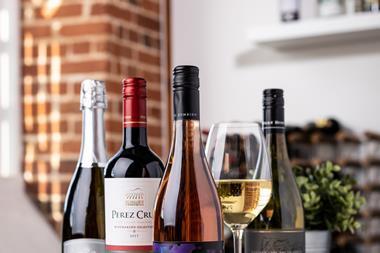
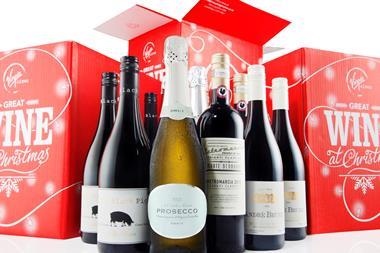

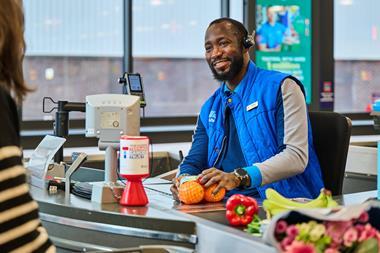

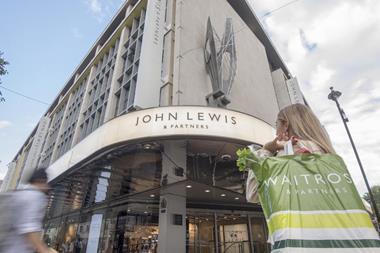
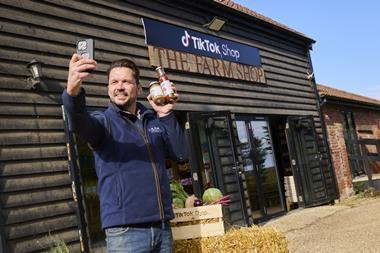

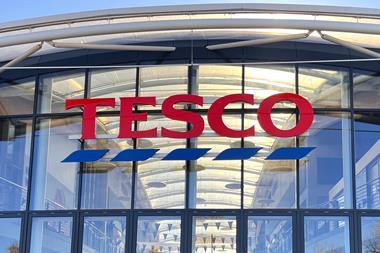
No comments yet